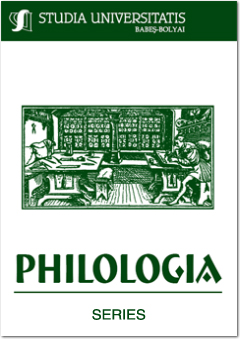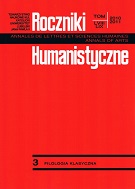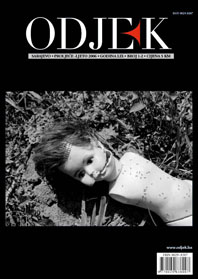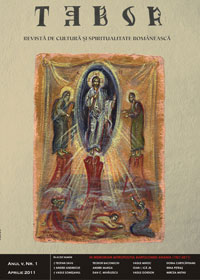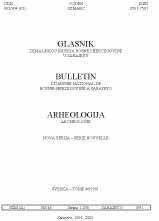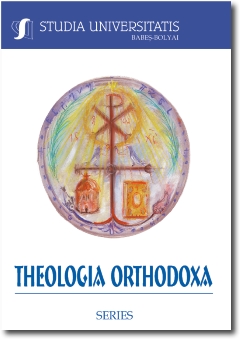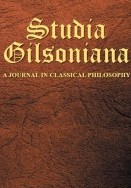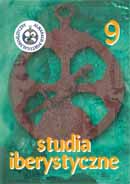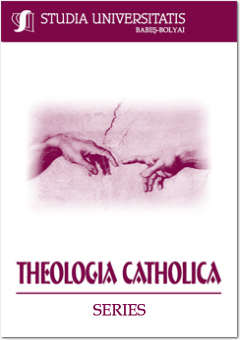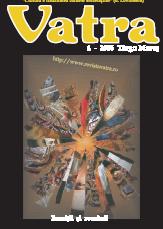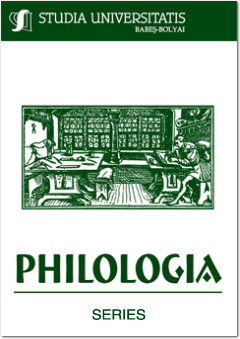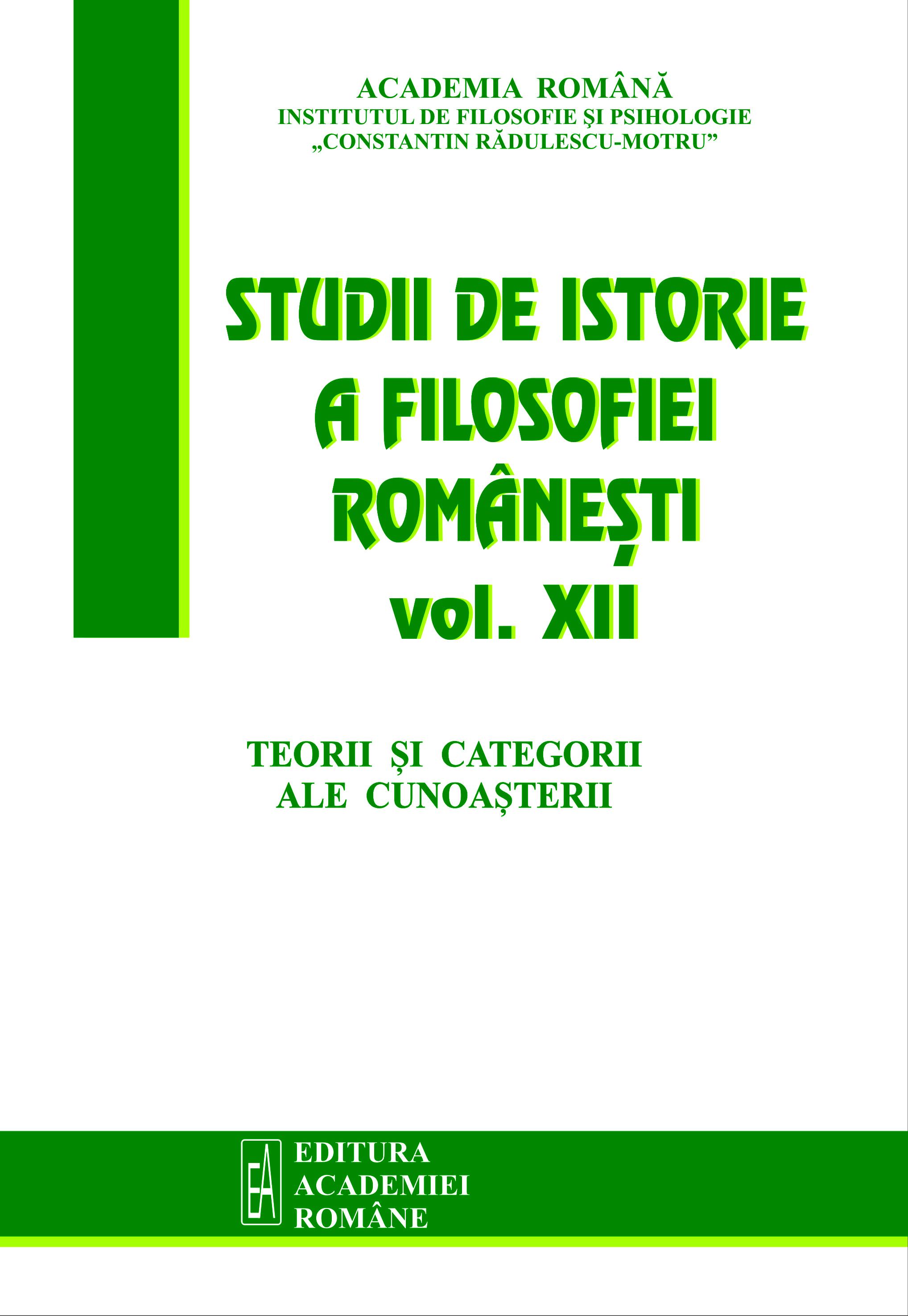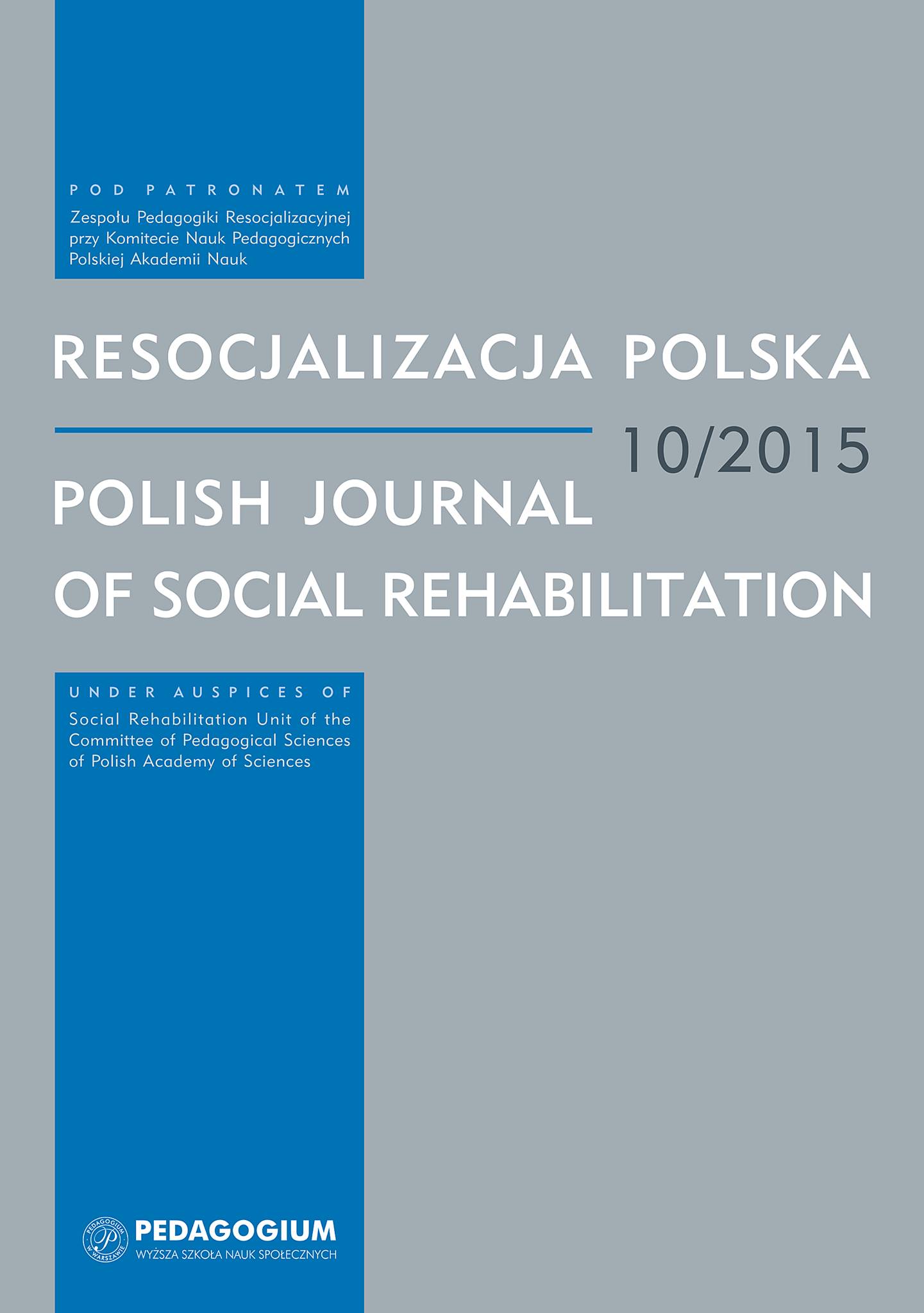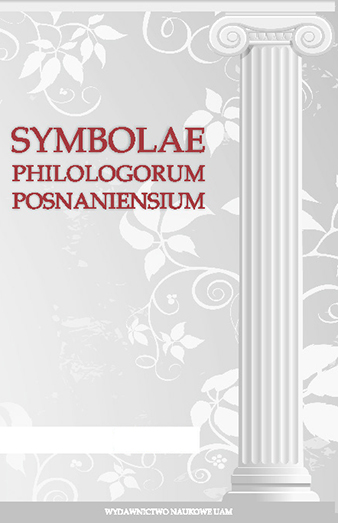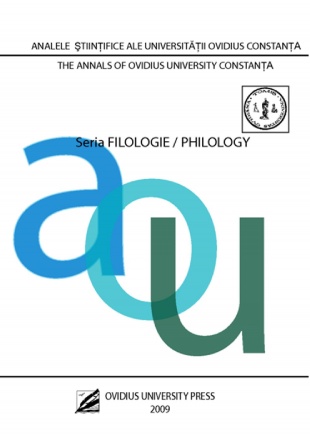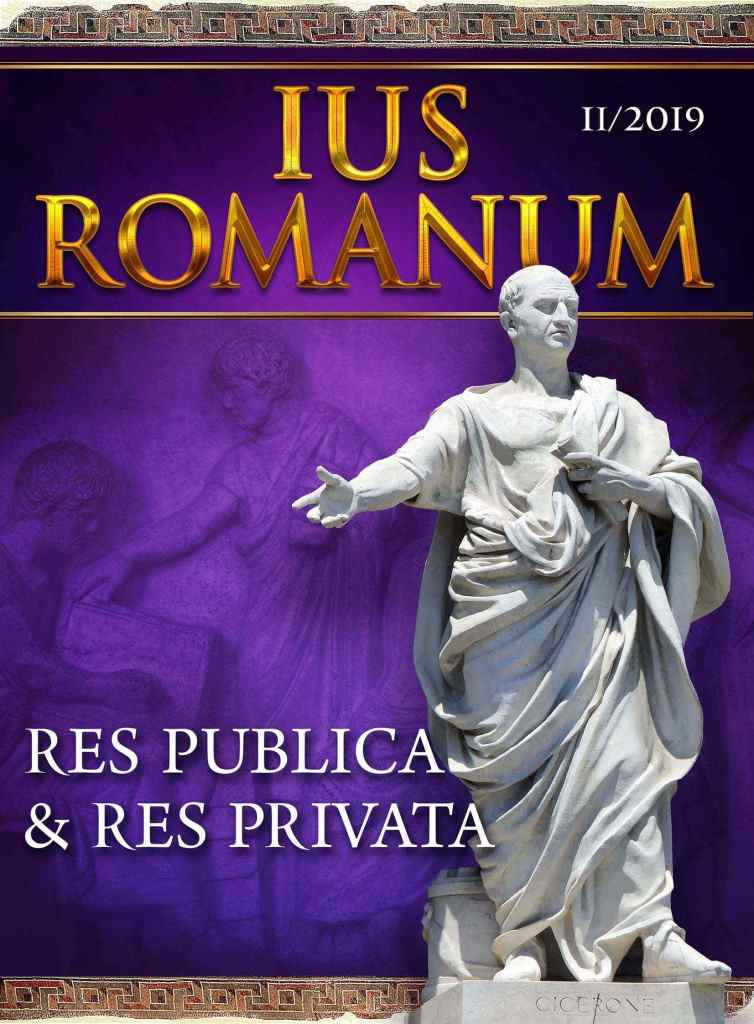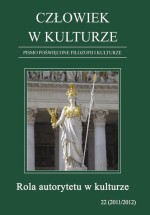
The family father
Pater familias
Keywords: authority; father; family; classical culture; Western civilization
The author, having analyzed the term familia and its different meanings, explains the expression pater familias. This was a name of the head of house, and a symbol of the persistence of family. The pater familias exercised his power over free persons, who were in legal bonds with him, and over slaves as well. His power over all the people and things in the family was unlimited, and included rights to decide about life and death of the free members of his family, or to sell his own children. Having described family and the father of family in the light of Roman law, the author aims at answering the question: whether that formal authority of father, which was codified in law and socio-political life, was also based upon any moral authority; or whether that was any moral authority which determined the socio-political standing of pater familias.
More...
